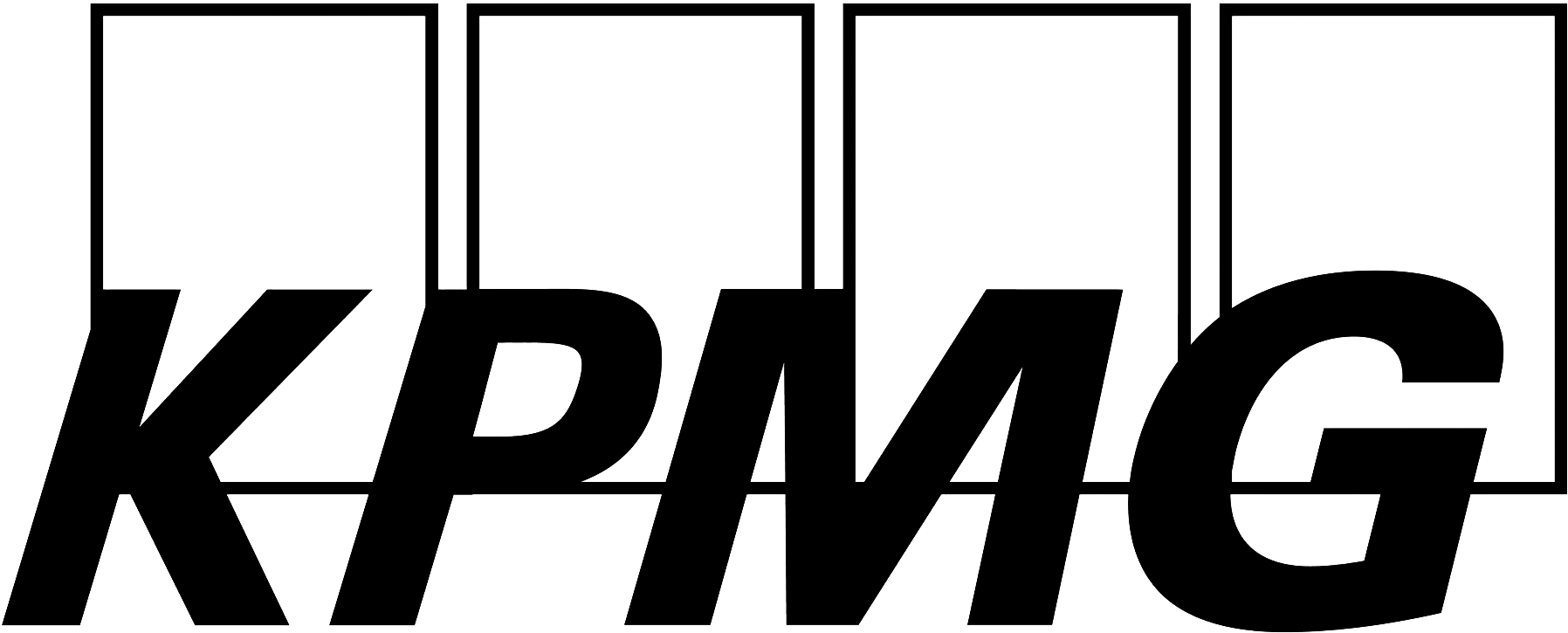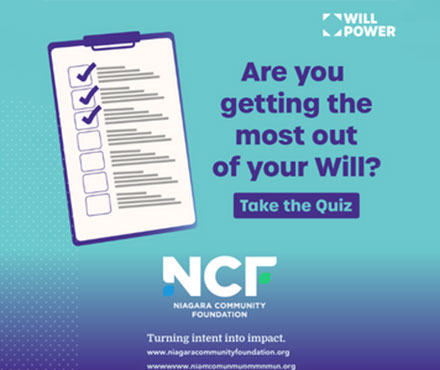An environmental, social, and governance framework (ESG) is a tool with which companies can assure investors, staff, and stakeholders of their commitment to managing risk and taking opportunities related to environmental, social, and governance issues. It offers a means to take corporate responsibility beyond promises and into practice. Embracing ESG is a means by which an enterprise can not only realize its desire to be a responsible community member, but can help attract investment and talent.
WHAT IS ESG?
As issues like the climate crisis, income inequality, discrimination and bigotry dominate our headlines and our thoughts, environmental, social, and governance frameworks are increasingly demanded in enterprises.
Investors, consumers, and workers alike are increasingly looking for enterprises that don’t necessarily deliver the best ROI, the lowest price, or the highest wages, but for enterprises that make a difference, have a positive impact, and are governed responsibly with an eye on equity, tolerance, and contributing to the greater social good.
Enterprises can be — and often are — forces for good in society. ESG provides a structure in which they can identify and prioritize the means by which they will do this.
EMPLOYEE RETENTION
EMPLOYEE SATISFACTION
CONSUMER LOYALTY
83%
86%
76%
Why ESG is a priority:
57%
48%
54%
Offering an advantage in these fields is a powerful way to attract customers without having to compromise on quality, service, or the bottom line.
Why you should invest in ESG:
SPUR GROWTH
REDUCE RISK
FUTURE PROOF
>20%
90%
78%
Why you shouldn’t delay on ESG:
REQUIRED REPORTING
ZERO EMISSION GOALS
KNOW YOUR METRICS
77%
73%
Only 48%
Enterprises can make themselves more competitive for customers, clients, talent and investment today by developing and implementing an ESG framework, and future-proof themselves for the time when these requirements become mandatory. These resources and ideas can help you equip your organization for the ESG world.
ESG in the News
Understanding Canada’s Air Quality Index
Canada’s Air Quality Health Index (AQHI) is an important tool for determining when your control measures should kick in. Download… more »
Webinar: Introduction to ESG
To enable Niagara businesses to go the extra mile in social responsibility, the Greater Niagara Chamber of Commerce (GNCC) and… more »
PenFinancial and Greater Niagara Chamber of Commerce launch Environmental, Social and Governance resource site for business
Investors, consumers, and workers alike are increasingly looking for enterprises that make a difference, have a positive impact, and are… more »





